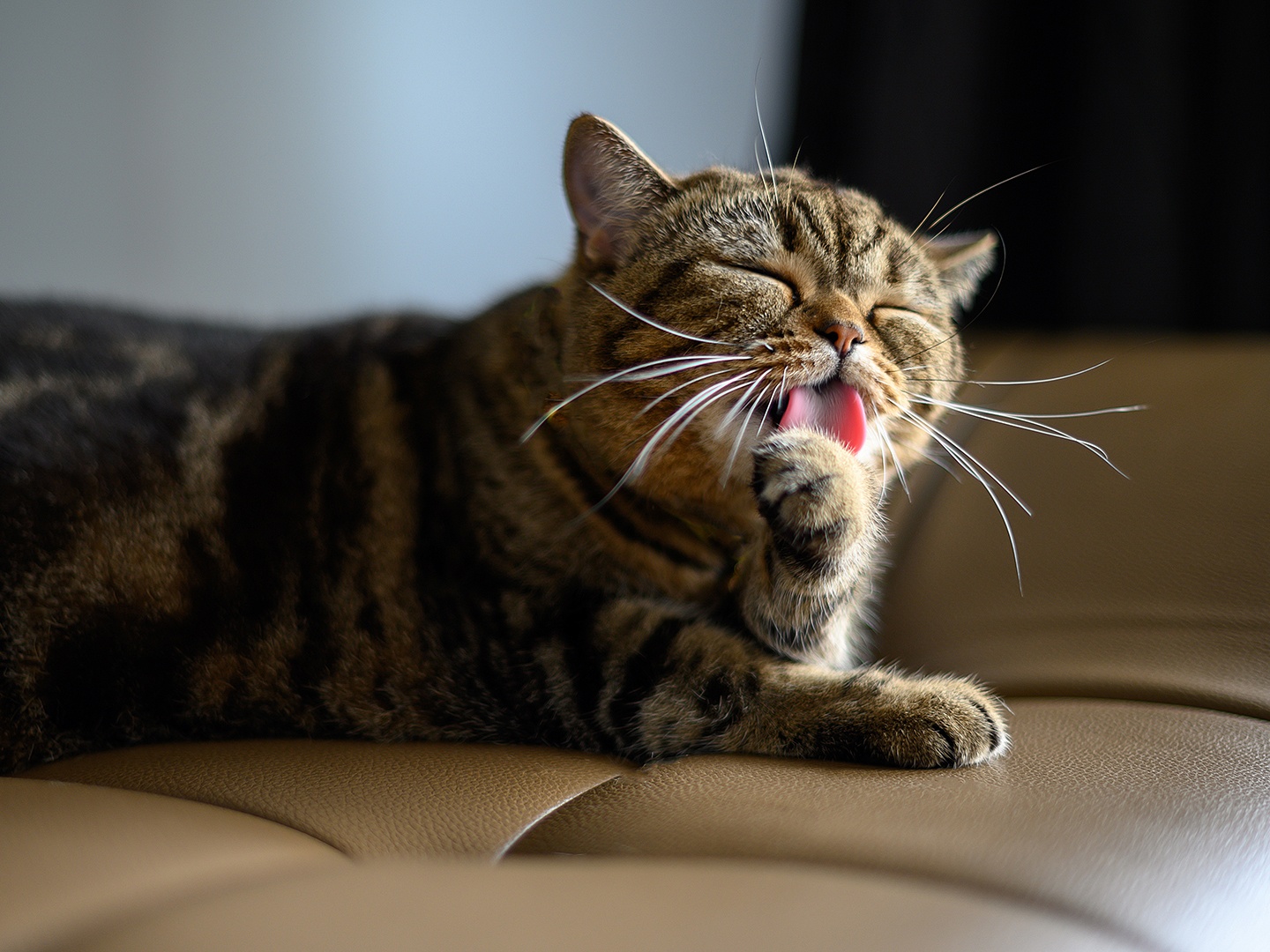Managing Compulsive Behaviors in Dogs and Cats: Tips from a Veterinarian
Are you noticing your dog or cat engaging in repetitive behaviors that they just can’t seem to stop? It may be a sign of a compulsive disorder. These behaviors can range from biting or chasing imaginary objects to excessive grooming or pacing. If left untreated, these behaviors can escalate and cause harm to your pet, both mentally and physically.
Dr. Ashley Navarrette, a clinical veterinarian at the Texas A&M School of Veterinary Medicine and Biomedical Sciences, emphasizes the importance of recognizing and addressing these compulsive behaviors early on. By understanding your pet’s triggers and developing a management plan tailored to their needs, you can help them lead a happier and healthier life.
One of the key strategies in managing compulsive behaviors is to remove triggers or provide distractions for your pet. Positive reinforcement-based training is highly recommended, as scolding your pet for their unwanted behaviors can do more harm than good. Instead, focus on rewarding good behaviors and redirecting them when they exhibit compulsive tendencies.
In addition to removing triggers, providing mental and physical enrichment activities can help distract your pet from their compulsive behaviors. Puzzle toys, search games, and training sessions are great examples of mental enrichment, while activities like walking, hiking, or playing fetch can provide physical stimulation.
Creating a relaxing environment for your pet is also crucial in managing compulsive behaviors. This can include playing calming music, using pheromone diffusers, or providing familiar toys and beds. Each pet is unique, so it’s important to tailor the environment to their specific needs and preferences.
While behavioral modification and environmental changes can be effective in managing compulsive behaviors, some pets may require medical intervention. Veterinary visits, behavioral training, and even medication may be necessary to help your pet maintain a good quality of life.
Addressing your furry friend’s compulsive behaviors may require time and effort, but the rewards are well worth it. By taking proactive steps to manage these behaviors, you can help your pet live a happier and more fulfilling life. Remember, your pet’s well-being is worth the investment.





:max_bytes(150000):strip_icc()/how-to-train-a-puppy-1023229514-2000-9acf0991b431412fb88dc771d11ec069.jpg)